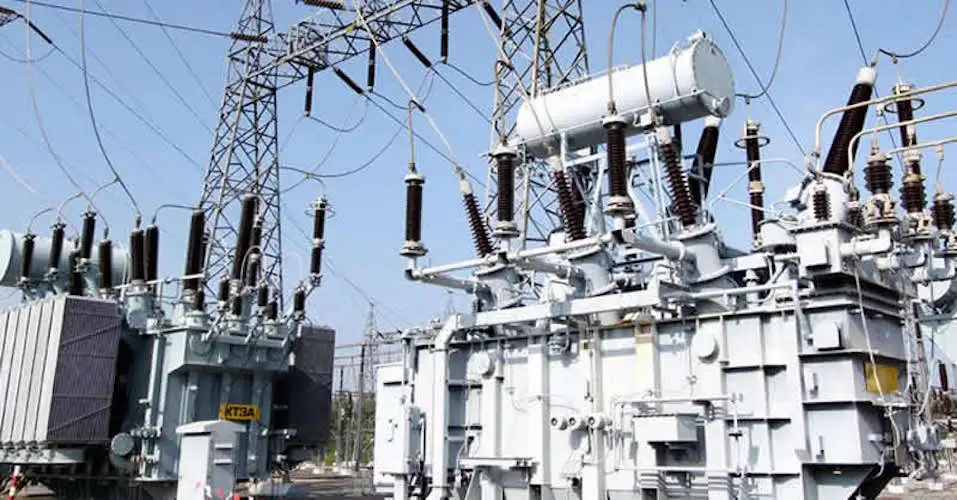
According to the Association of Nigerian Electricity Distributors (ANED), Africa’s most populous country has not generated up to 6000 megawatts (mw) of electricity since its independence in 1960.
Mr. Sunday Oduntan, Executive Director, Research and Advocacy, ANED, an umbrella body of power distribution companies (Discos), revealed this in Lagos at a one-day workshop for energy reporters and civil society groups.
The workshop, organized by ANED in collaboration with the McArthur Foundation, focused on “Building Consumer Awareness and Strengthening the Customer Service Capacity of Electricity Distribution Companies.”
Oduntan added that according to international standards, 1,000mw was needed to serve one million people. He claimed that Nigeria would need to generate 200,000mw of electricity to meet the needs of its 200 million citizens.
Only 3,500 to 5,000 MW of Nigeria’s 13,000 MW installed generation capacity were available for transmission to the final consumers.
With 28 generating units connected to the national power grid, many of them experience recurring problems like maintenance and repair needs, trips, faults, and leakages that occasionally prevent them from being evacuated to the national grid.
The inability of generation companies to pay for gas, subpar gas pricing, as well as the vandalism of gas transportation facilities that forced the shutdown of gas plants, were some of the additional obstacles to the nation’s power generation.
“Since 1960, the nation has not produced up to 6,000 megawatts of electricity, leaving a massive gap in the system’s ability to deliver services.
According to Oduntan, there are 28 power generation companies in Nigeria, which include three hydroelectric plants and 25 thermal plants that are all currently producing below capacity on average, or about 4,000 megawatts.
The ANED spokesman urged the federal government to transfer control of TCN to capable private individuals who can operate and manage it more effectively. TCN is a government-controlled and centrally located company that has been notorious for witnessing ongoing grid collapses with attendant national blackouts.
He noted that TCN was a factor in the sector’s poor performance and issued a dire warning that if the company was not privatized, Nigeria would continue to experience frequent power outages, which would have a detrimental effect on both homes and businesses.
In addition, Oduntan criticized TCN for lacking Supervisory Control and Data Acquisition (SCADA) throughout all of its years of operation, contending that this was the cause of the company’s difficulty in discovering faults seamlessly and in real-time from its office without someone physically reporting faults on its networks to it.
A digitalized system called SCADA makes it possible to quickly and more effectively monitor all network activity and quickly address any problems that are discovered.
However, he absolved the Discos of any responsibility for their inability to pay for the electricity they bought from the Gencos, attributing it to what he called energy dumping and, in most cases, an insufficient supply to meet demand.
He claimed that the lack of cost-reflective tariff implementation in the power sector was a significant barrier to the sector’s development and the achievement of a reliable power supply for customers across the country.
The ongoing premium power agreement between some Discos and some franchise areas, like Ikeja GRA and Magodo in Lagos, where residents are enjoying steady power supply because they are willing to pay the right price for electricity, was cited by Oduntan as evidence that achieving 24 hour power supply in the country was feasible and had been tested and proven.